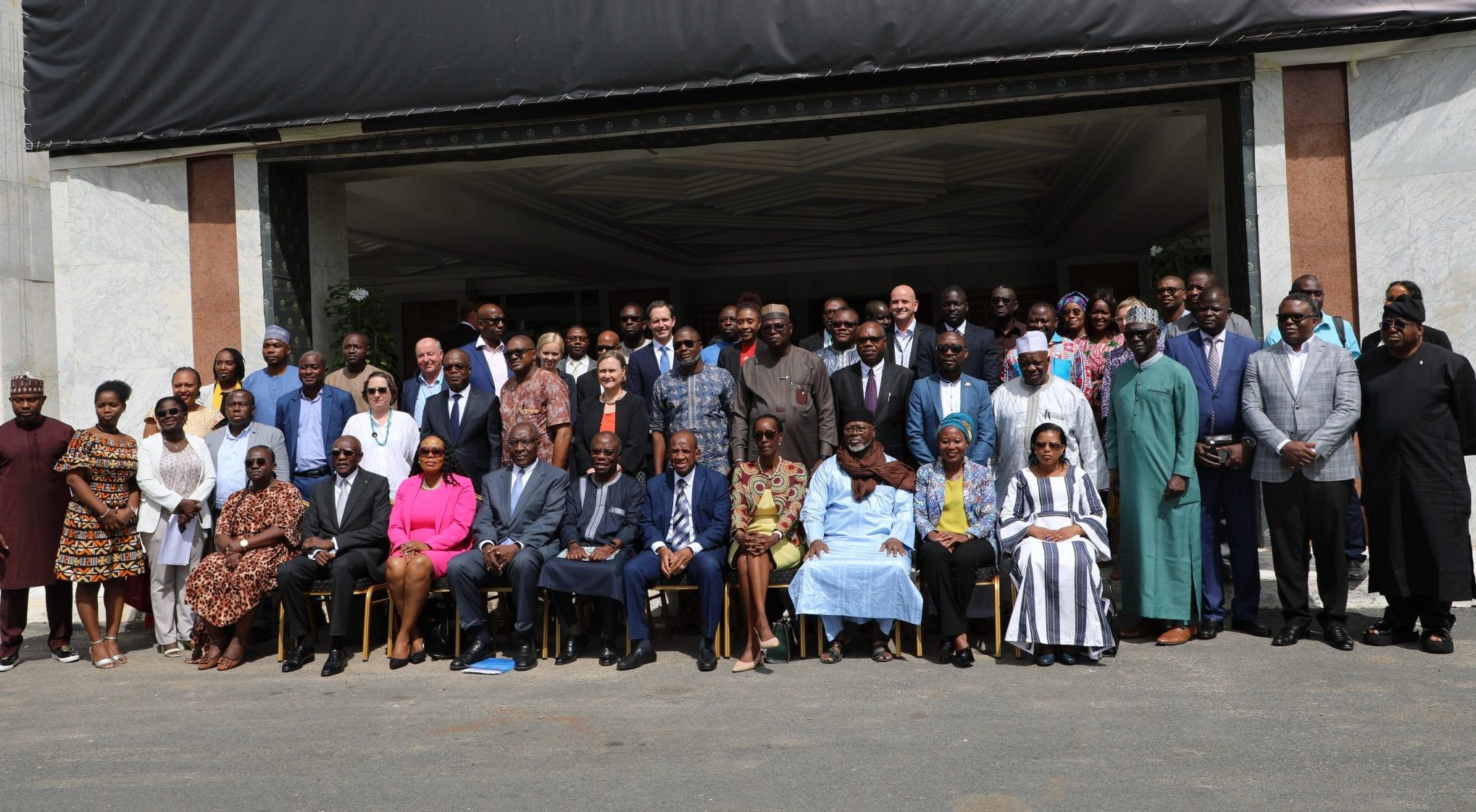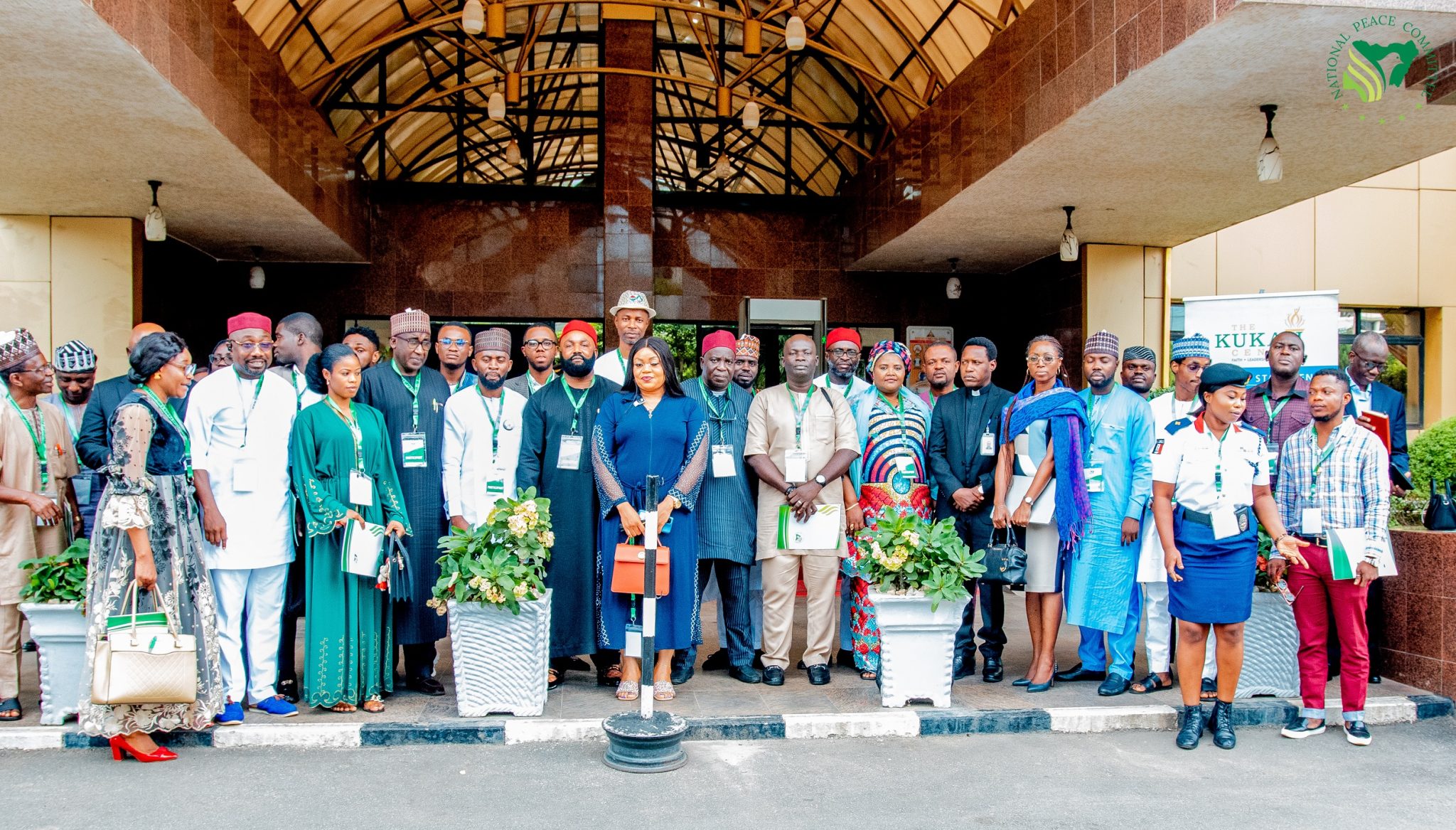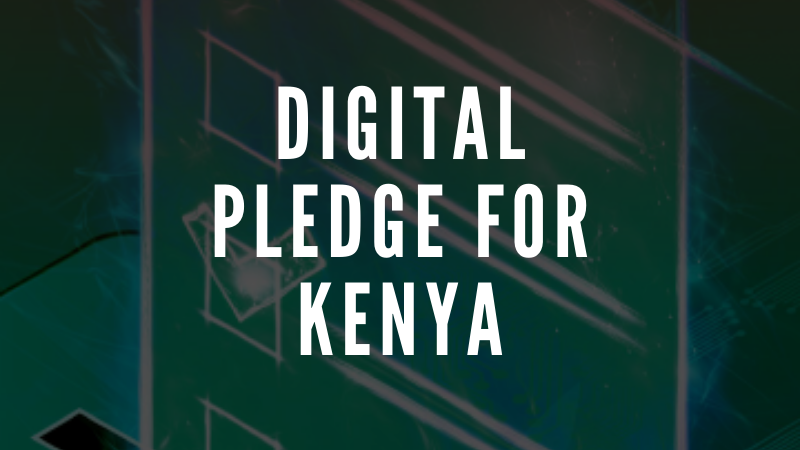How to Strengthen Democracy in the Digital Age
According to Freedom House, we are now in the 13th consecutive year of a decline in democracy and freedoms across the globe. Although this decline is not necessarily due to the global spread of digital technologies and social media, there is no denying that the digital age brings significant challenges for democratic institutions and processes. But how can democracies in the 21st century tackle these challenges to protect and strengthen democracy worldwide?
Giulia Marcucci, an intern at the Kofi Annan Foundation, shares her thoughts following the launch event for the final report of the Kofi Annan Commission on Elections and Democracy in the Digital Age (KACEDDA) held at the Palais des Nations in Geneva on January 24th 2020.
While attending the Geneva launch of the final report of the Kofi Annan Commission on Elections and Democracy in the Digital Age (KACEDDA), there was a keyword that resonated with all attendees: trust. The panellists at the launch event* each highlighted the need to rebuild faith in the institutions that govern us as a pressing priority to bolster public participation and thus strengthen political legitimacy and democracy itself.
During the event, the Commission’s Chair and former President of Costa Rica Laura Chinchilla presented the Commission’s activities during its 12-month research and consultancy period, and why the final report can help play a leading role in restoring ‘lost trust’ in democracy:

Commission Chair and Former President of Costa Rica, Laura Chinchilla
- First, the Commission chose to focus on the impact of digital technologies on electoral integrity. “Democracy is about people choosing how they want to be governed and by whom,” explained Ory Okolloh, a Commissioner and Kenyan activist and lawyer. Free and fair elections are indeed at the heart of democracy: as such, their trustworthiness needs to be protected from populism, post-truth movements as well as foreign governments who abuse technology to mislead citizens.
- Second, Commissioners’ consultations with relevant stakeholders on the ground, namely in Brazil, Mexico, Ivory Coast, South Africa and India, confirmed that elections in new and transitional democracies of the Global South, where high polarisation and low trust in institutions are often the norms, are more susceptible to technological abuse than others.
“Democracy is about people choosing how they want to be governed and by whom.” Ory Okolloh, Commission member
The Commission developed a three-fold approach to their work:
- Identify specific challenges to electoral integrity arising from digital evolution;
- Develop policy measures addressing such challenges while at the same time highlighting the opportunities technology can offer;
- Make sure key messages from the report are widely diffused and acted upon, especially among the most vulnerable democracies of the Global South.

Commissioner and Stanford Professor Nathaniel Persily at the Geneva launch event
The key takeaways: Information, Collaboration, Regulation
From the 13 recommendations put forward in the report, Commissioner Nathan Persily explained that there are three key takeaways: Information, Collaboration and Regulation.
Information:
Greater resources need to be dedicated to strengthening the capacities of electoral integrity’s defenders, particularly local defenders in the Global South.
I find the recommendation for policymakers to develop an election vulnerability index useful and actionable. I believe it would not only help the electoral integrity community track which countries require close monitoring and what the digital threat at stake is but would also contribute to rebuilding the public’s trust in electoral processes and their outcome.
“We can master it, only if we face it together” – Kofi Annan

Kofi Annan Foundation President Alan Doss at the launch event in Geneva
Collaboration:
In order to address digital threats promptly and effectively, the electoral integrity community needs to act as a whole.
The KACEDDA report specifically advises tech and social media platforms to come together as a coalition in order to mitigate disinformation or hate speech, which rarely stops at one platform’s doorsteps, in the same way as they have done collaboratively to address other transnational threats such as terrorism and child exploitation. “We can master it, only if we face it together” – Kofi Annan.
Regulation
Another big challenge we face in the digital age is the lack of a clear definition of what constitutes technological abuse (i.e. foreign intervention, mis-and-dis-information), which leads to a lack of accountability.
I find it timely and relevant that the Commission recommends calling upon democratic governments to build shared legal frameworks at all levels. This could include the development of codes of conduct for vendors and contractors of election equipment and services with a view to guarantee that voting machines and other products are secure and protect the rights, privacy and data of citizens using them. Furthermore, the adaptation of national legislation on political advertising in the online environment would go a long way to restoring trust, as would the establishment of an international convention regarding the role of foreign governments and their agents in other countries’ elections.
The key message of ‘regulation’ comes at a watershed moment. Foreign interference was not restricted to and did not end with the 2016 US elections, and incentives for foreign countries to meddle might be even greater ahead of the November 2020 presidential elections. While a lot has been said on foreign interference in the US elections, many argue that this is not different from what Western democracies have been trying to do in some countries of the Global South. With approximately 80 elections to be held this year around the world – and more than a half taking place in the Global South – an international legal framework drawing a clear line between legitimate cross-border assistance and unlawful interventions in other countries’ elections could prove to be more relevant than ever.

Ambassador Elisabeth Tichy-Fisslberger, Permanent Representative of Austria to the United Nations in Geneva, opening the launch event in Geneva
Upcoming advocacy work
The Commission and Kofi Annan Foundations’ work to protect and strengthen democracy worldwide does not stop here. As Kofi Annan used to say: “Technology does not stand still; neither can democracy,” and as such, the launch event of the KACEDDA report at the Palais des Nations in Geneva kicked off a 6-month advocacy period in which the Commission, assisted by Foundation, will disseminate its report and key findings through a series of presentations and engaging discussions at global and regional fora. Stay tuned!
—
*Launch Event details
Ambassador Elisabeth Tichy-Fisslberger, Permanent Representative of Austria to the United Nations in Geneva, and Elhadj As Sy, Chairperson of the Kofi Annan Foundation Board, opened the session, followed by a brief presentation of the report and a panel discussion including:
- Laura Chinchilla, Chair of the Commission, former President of Costa Rica;
- Ambassador Amandeep Gill, Executive Director of the UN Secretary-General’s High-Level Panel on Digital Cooperation;
- Alan Doss, President, Kofi Annan Foundation;
- Nathaniel Persily, Stanford Professor and Commission Member.




